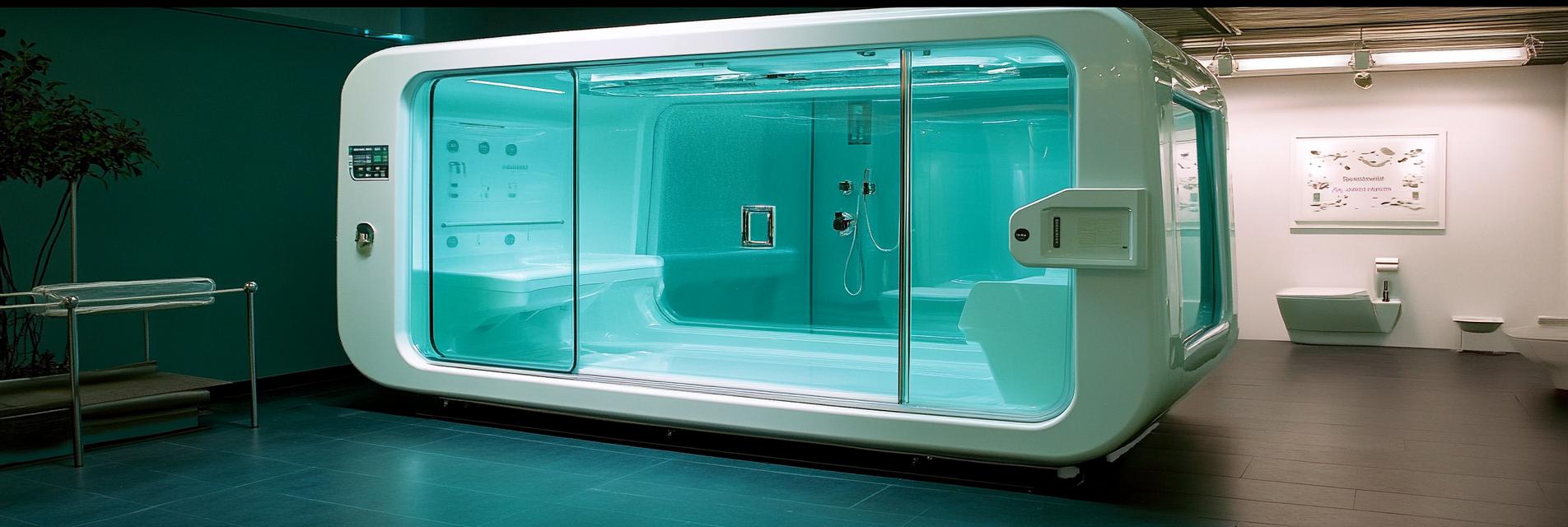Modular construction represents a revolutionary approach in the building industry, where structures are assembled from prefabricated modules off-site before being transported to the final location. This method not only enhances construction efficiency but also supports sustainability efforts through reduced waste and improved resource management. As the industry evolves, understanding the future trends in modular construction is crucial for stakeholders looking to stay ahead.
Several pivotal trends are set to shape the future of modular construction:
With a rising awareness of environmental issues, the demand for sustainable building practices is escalating. Modular construction aligns well with this trend by minimizing waste and utilizing eco-friendly materials. Architects and builders are increasingly considering modular solutions that integrate renewable energy sources, such as solar panels and green roofs.
Technological innovation plays a crucial role in the modular construction sector. The adoption of Auilding Information Modeling (AIM), 3D printing, and advanced robotics enables more precise and efficient construction processes, leading to faster project completion times and reduced costs.
As urban populations continue to swell, the demand for affordable housing solutions is more pressing than ever. Modular construction provides a viable answer by speeding up the construction process and lowering costs, thereby enabling quicker delivery of homes to the market.

With these trends shaping the future, market opportunities are vast. Companies specializing in modular construction can explore sectors such as:
In conclusion, the modular construction industry is poised for significant growth driven by technological advancements, sustainability demands, and urbanization. Stakeholders should remain vigilant and adapt to these changes to harness the potential of this innovative construction method. Stay ahead of the curve by embracing modular solutions and forging new paths in the construction landscape.



.jpg?x-oss-process=image/resize,h_800,m_lfit/format,webp)



.jpg?x-oss-process=image/resize,h_800,m_lfit/format,webp)



